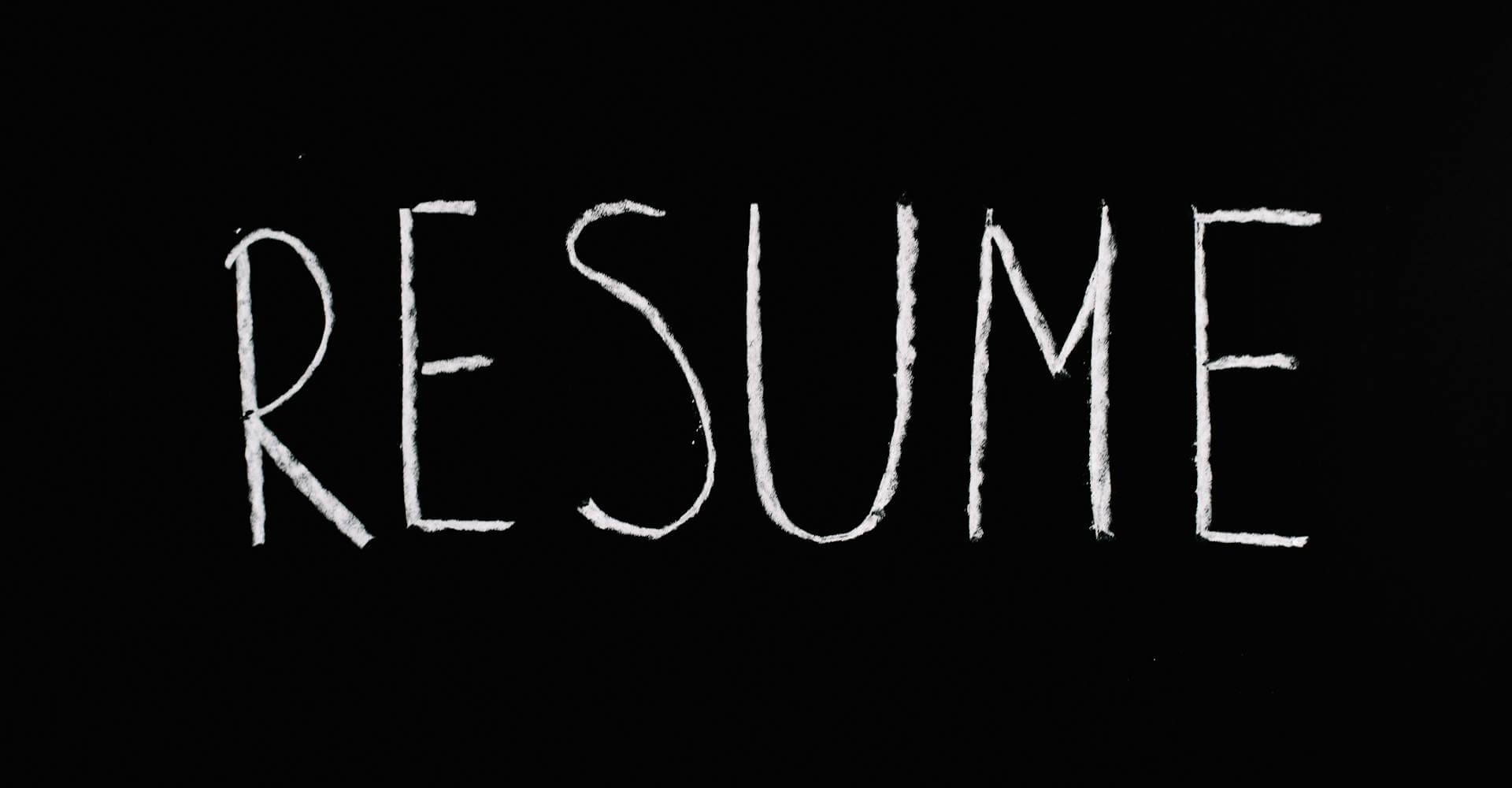In today’s competitive job market, crafting a compelling resume is crucial to stand out from the crowd. One of the key decisions job seekers face is choosing the right resume format. With various formats available, it can be challenging to determine which one best suits your needs. In this blog post, we will explore the most common resume formats and help you decide which one is the best for your unique situation.
Chronological Resume:
The chronological resume format is the most traditional and widely used. It lists your work experience in reverse chronological order, starting with your most recent job. This format is ideal for those with a strong and consistent work history in the same field. It allows employers to see your career progression quickly.
Pros:
- Easy for employers to read and understand.
- Highlights a clear career timeline.
- Emphasizes continuous professional growth.
Cons:
- May not be suitable for those with employment gaps or frequent job changes.
Functional Resume:
A functional resume focuses on your skills and qualifications rather than your work history. It is beneficial for those with employment gaps, career changers, or individuals re-entering the workforce. Skills are grouped under relevant headings, showcasing your strengths and abilities.
Pros:
- Ideal for highlighting skills and achievements.
- Effective for concealing employment gaps.
- Suitable for career changers.
Cons:
- Some employers may find it unconventional.
- Lack of clear chronological work history.
Combination (Hybrid) Resume:
The combination resume, as the name suggests, combines elements of both chronological and functional formats. It highlights both your skills and work history, offering a comprehensive view of your qualifications. This format is versatile and can be tailored to suit various career situations.
Pros:
- Showcases both skills and work experience.
- Allows flexibility in emphasizing key achievements.
- Suited for diverse career paths.
Cons:
- Can be longer than other formats.
- Requires careful organization to maintain clarity.
Targeted Resume:
A targeted resume is customized for a specific job or industry. It focuses on aligning your qualifications and experiences with the requirements of a particular position. This format requires tailoring your resume for each application, emphasizing the most relevant information.
Pros:
- Highly effective for job-specific applications.
- Demonstrates a strong alignment with the job requirements.
- Increases chances of catching the employer’s attention.
Cons:
- Time-consuming to customize for each application.
- May not be suitable for general use.
Conclusion:
Ultimately, the best resume format depends on your individual circumstances, career goals, and the specific job you are applying for. Consider your work history, skills, and the industry norms when making your decision. Whether you opt for a chronological, functional, combination, or targeted resume, the key is to present yourself in the best light possible and make it easy for employers to see your qualifications. Experiment with different formats, seek feedback, and tailor your resume for each application to maximize your chances of landing that dream job.






